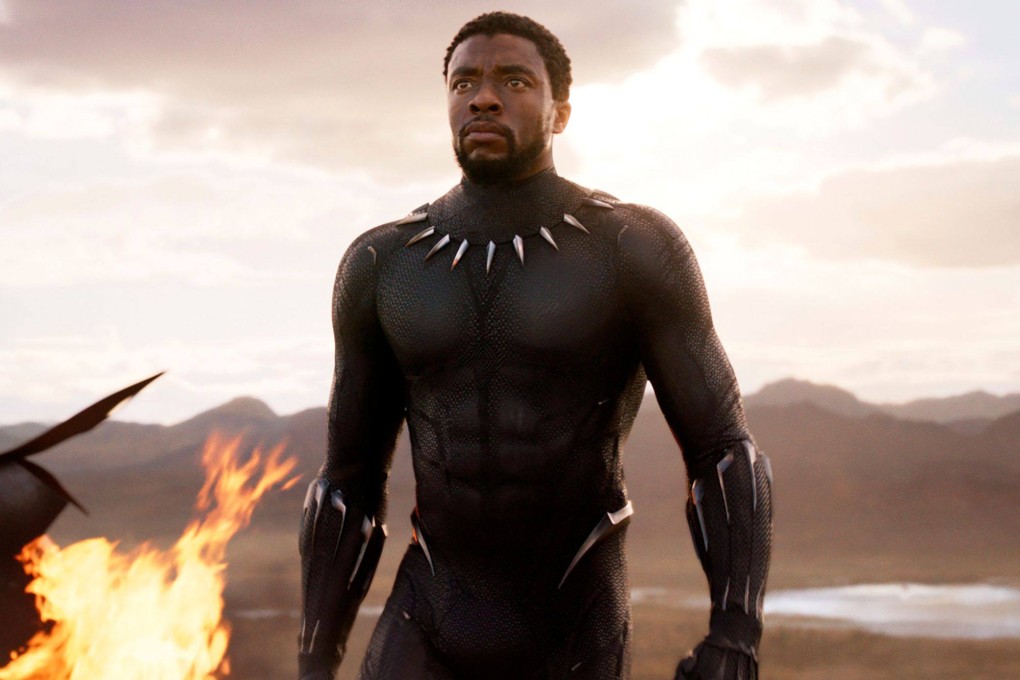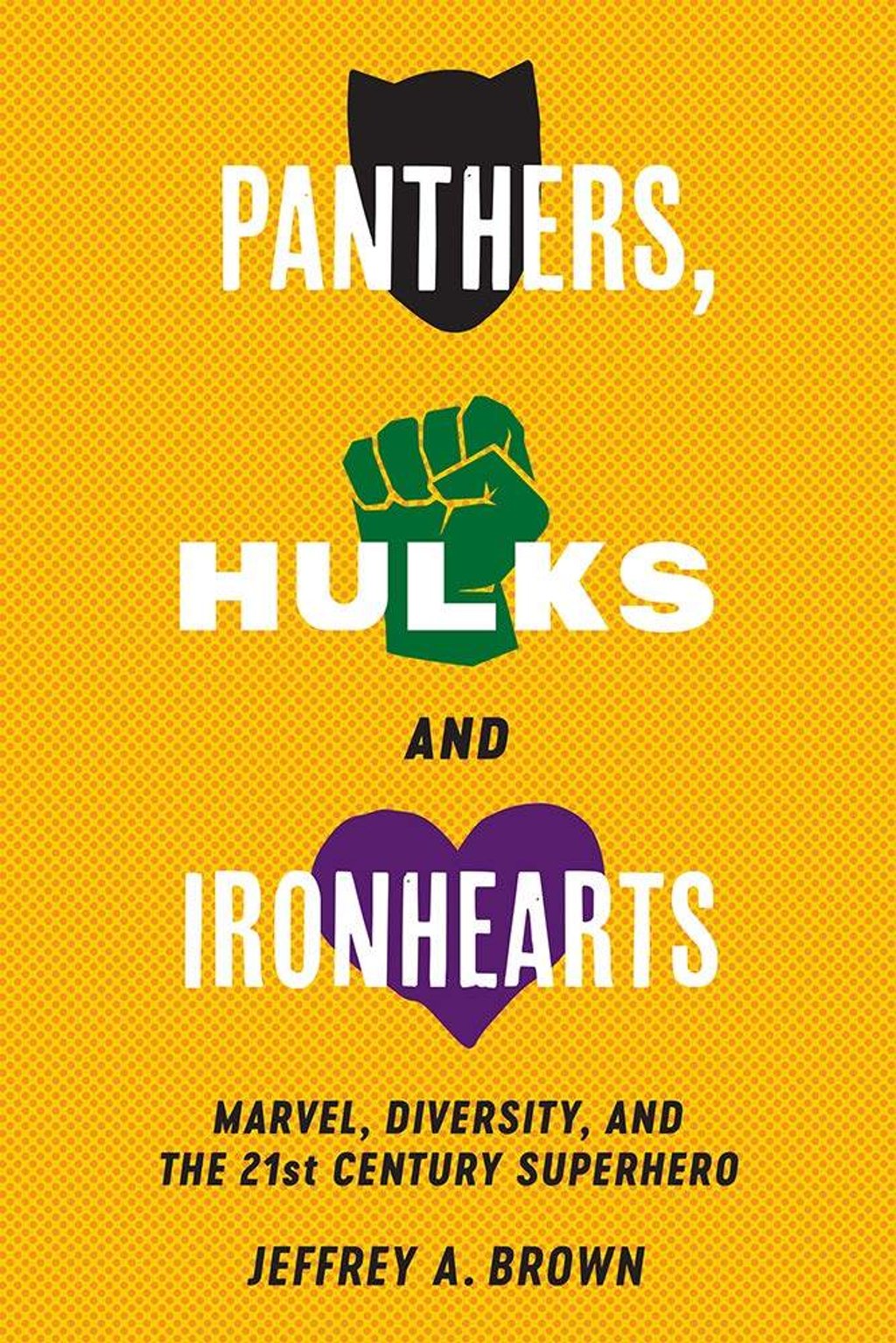Review | Panthers, Hulks and Ironhearts: Jeffrey A. Brown explores how superheroes can reflect the world around us
- In his new book, Jeffrey A. Brown takes on the task of presenting the 21st century superhero as constructed by Marvel
- He positions the company and its commitment to mirroring the times in which we live as ‘consciously evolutionary’

Panthers, Hulks and Ironhearts
by Jeffrey A. Brown
Rutgers University Press
If superhero characters have given us anything, it is as a conduit through which we can see ourselves: in the context of each other; in the comfort of our personal but perhaps unvoiced aspirations; and more often than we’d like to admit, as a reflection of our anxieties and insecurities – as scapegoats, in a way, for us to process our fear of the ubiquitous “other”. But the genre that contains these characters, Jeffrey Brown insists in this informative book, is “uniquely poised to overcome the dehumanising and racist implications of ethnic stereotyping”: whether revising the “menacing” image of Yellow Claw or the “stereotypically sexy Latina” Angela from the White Tigers, Marvel is situated as consciously evolutionary.
It is a large and bold claim to make, but Brown’s lens is exhaustive and one that any comics fan would recognise as authentic as well as academic. As such, he takes on the task of presenting the 21st century superhero as constructed by Marvel and its explicit (though sometimes incidental) commitment to mirroring the times in which we live.
Brown begins with an elegant summary of how Marvel’s comics have popularised conversations about how we live among people different from us: the metaphor of mutants, for example, places the idea of otherness at the forefront of coexistence, even going so far as to suggest that this category could make one superheroic. And Marvel did not just feature characters on whom we might project voyeuristic interest; it wove their existence within social concerns such as inequality and the notion of Americanness.

Even when Marvel trafficked in predictably limiting tropes, like the dizzyingly repetitive presentation of the white (American) male as default hero and saviour, it injected its rosters with a constantly shifting cast reflective of its context. That cast is the subject of Brown’s study, and the reason he is confident our need for superheroes can now be fulfilled no matter who we are or how we might be different.
